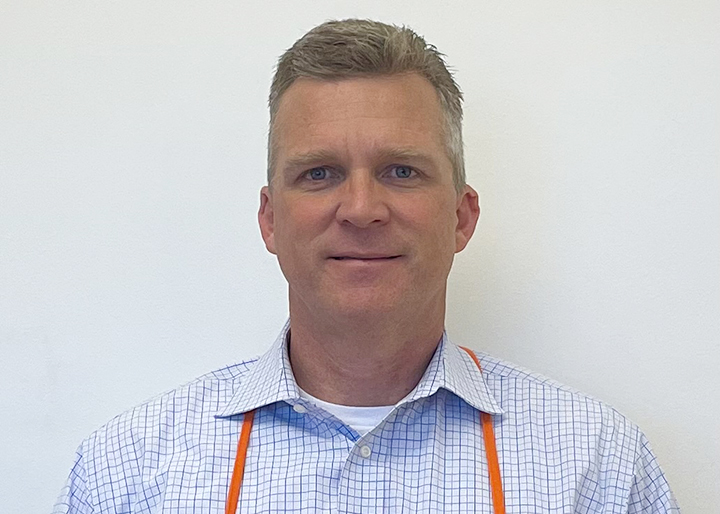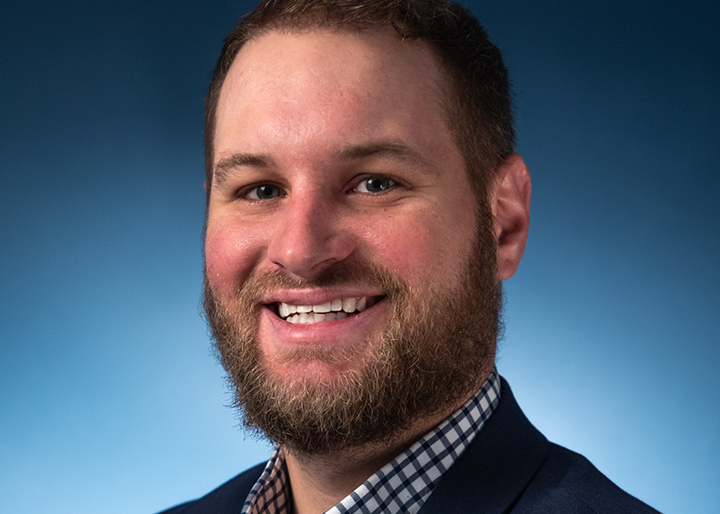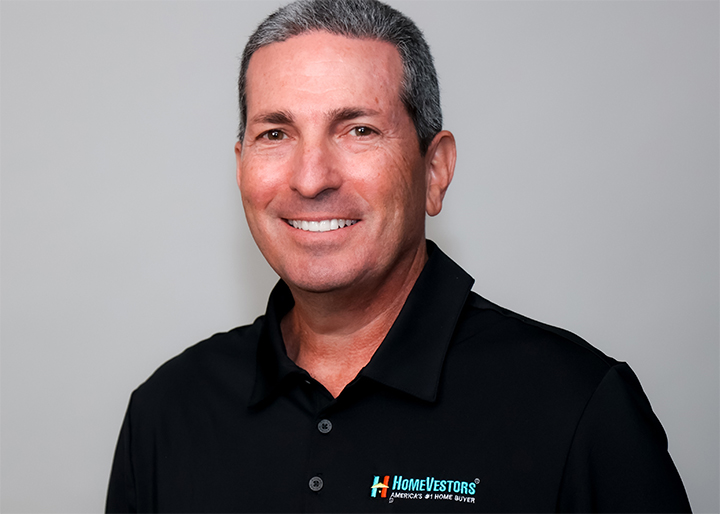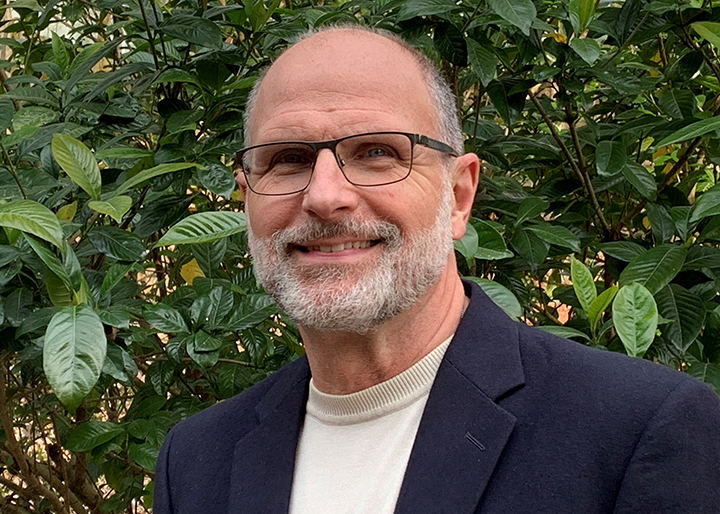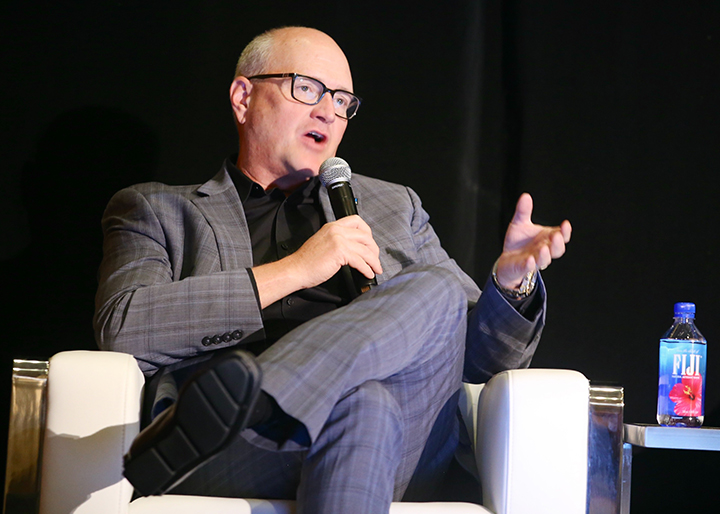From Framing Houses to Forging Customer Relationships
Jeff Watson, Home Depot’s Senior Director of Pro Sales West By Carole VanSickle Ellis When Jeff Watson was framing houses in college, he had no idea that his decision to leave that job and look for “more consistent” work at The Home Depot would result in a career with the company spanning more than 29 years (and counting). That initial decision shaped Watson’s professional life — for the better, he
Read More
